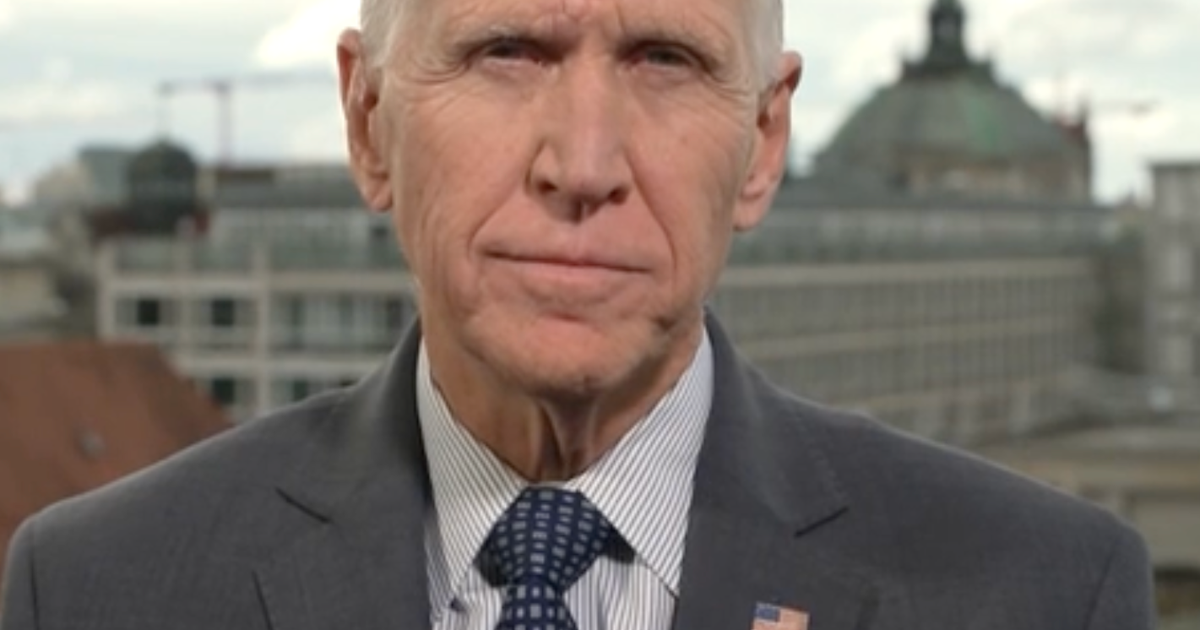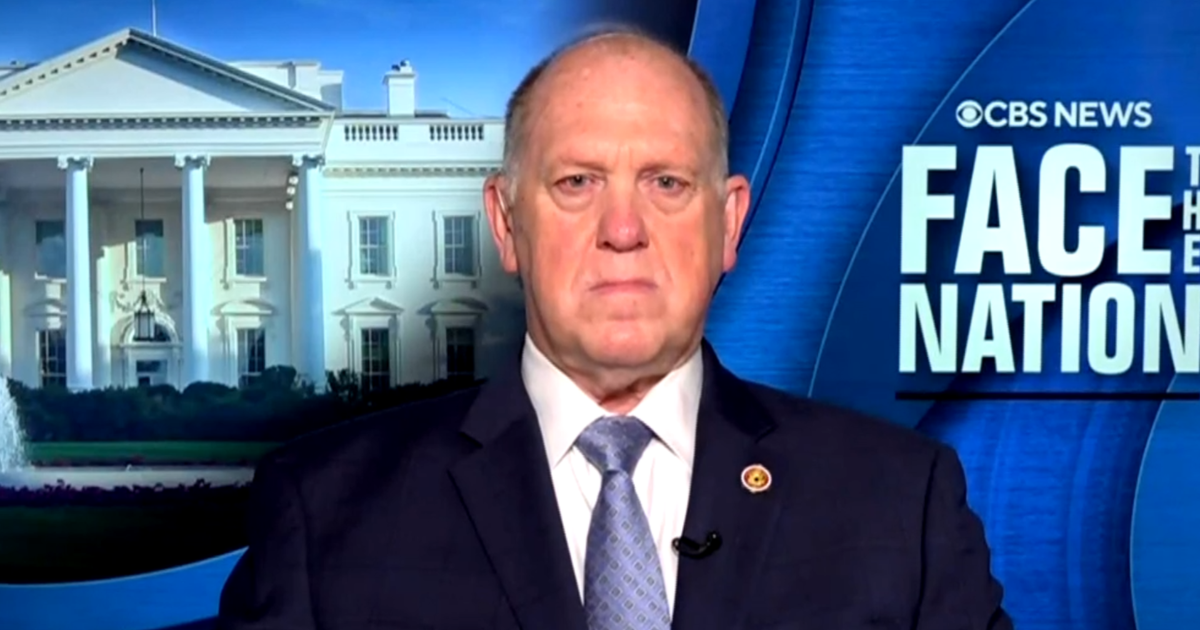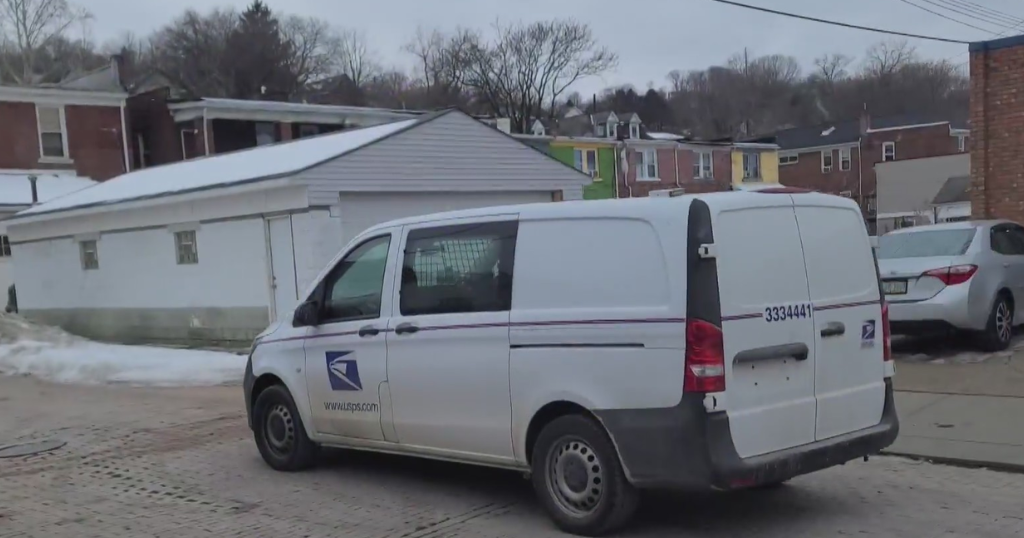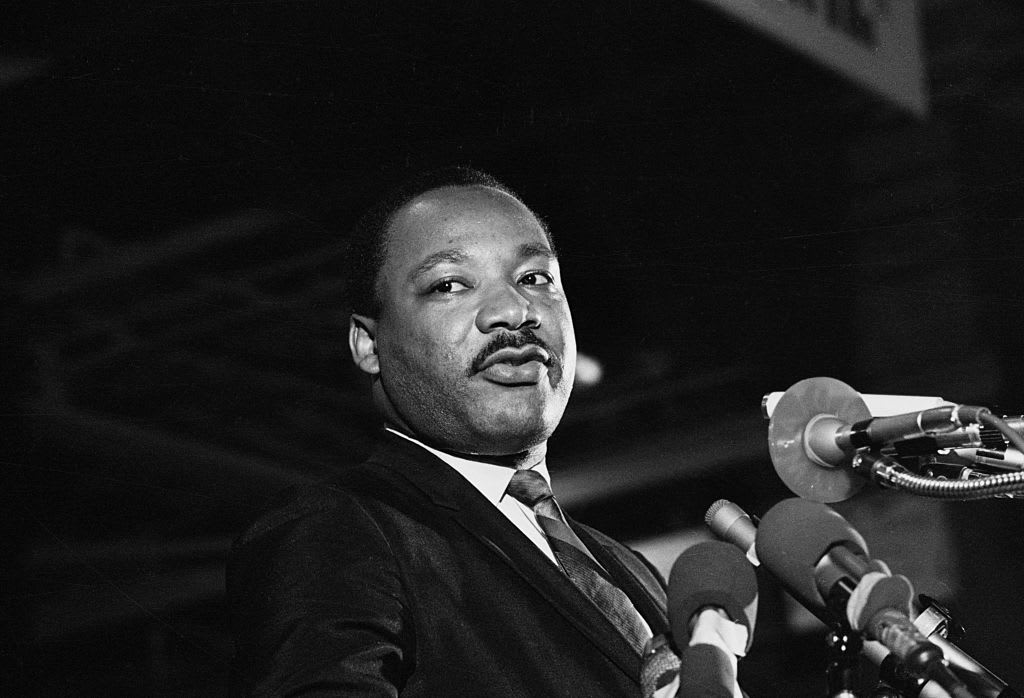Transcript: Speaker Nancy Pelosi on "Face the Nation," July 26, 2020
The following is a transcript of an interview with House Speaker Nancy Pelosi that aired Sunday, July 26, 2020, on "Face the Nation."
MARGARET BRENNAN: We begin this morning with Speaker of the House Nancy Pelosi. Speaker Pelosi, thank you for joining us.
SPEAKER OF THE HOUSE NANCY PELOSI: My pleasure. Thank you.
MARGARET BRENNAN: The treasury secretary said this morning that Republicans will introduce a bill on Monday. When do you expect to begin negotiating?
lth care workers, food suppliers, teachers, teachers, teachers, transportation workers, sanitation workers and the rest. Secondly, that opens up our economy by having testing, tracing, treatment and distancing to end this virus. And third, to put money in the pockets of the American people. Unemployment benefits, direct payments, etcetera. These are things that the Republicans have voted for in previous COVID packages so it was nothing new. It was more because more was needed. And then for them to come now, when we're right on the brink, when people are hungry in our country, children, millions of children, are food insecure. Many families who never thought they'd go to a food bank are going to food banks. And we need more money for food stamps and emergency nutrition programs. And they're resisting that. And again, said that they would now be trying to- that they're in disarray and that delay is causing suffering for America's families. So we have been ready for two months and 10 days. I've been here all weekend hoping they had something to give us. They promised it this week. It didn't come.
MARGARET BRENNAN: Right.
SPEAKER PELOSI: Now they're saying Monday.
MARGARET BRENNAN: Will you stay in session until a deal is negotiated?
SPEAKER PELOSI: We can't go home without it. But it's so sad that people should have this uncertainty in their lives. At the same time as they are bolstering the stock market. And that's not a bad thing but trillions of from the Fed, etcetera, to bolster the stock market- let's have a measured amount of money to bolster America's working families.
MARGARET BRENNAN: Well- but specifically on what has just expired, that- that boost of $600 to federal unemployment. Republicans and the White House are saying that they want to keep some money going, but bring it down to about 70 percent of prior wages. Is that something you can accept?
SPEAKER PELOSI: Well, let me just say this. The reason we had $600 was its simplicity.
MARGARET BRENNAN: Right.
SPEAKER PELOSI: And figuring out 70 percent of somebodies wages. People don't all make a salary. Maybe they do. They make wages and they sometimes have it vary. So why don't we just keep it simple? Unemployment benefits and the- the enhancement, which is so essential right now and that's really where we are starting and--
MARGARET BRENNAN: So a flat amount is what you're saying--
SPEAKER PELOSI: It's so important to the American people.
MARGARET BRENNAN: So--
SPEAKER PELOSI: You know, 60 percent, over 60 percent the American people support that.
MARGARET BRENNAN: Right. No I understand the difficulty for states to adjust their systems to process this. But would you accept a flat amount? Something less than $600 as a boost. Is there a compromise here?
SPEAKER PELOSI: Let- let me just say, you're not going to have a- with all due respect to you, MARGARET, and I appreciate the opportunity to share some values that we have that apparently they don't share. We'll have our negotiation, but we- how can- these are the same people who gave a tax- the only thing they have accomplished in the Trump administration, on their own, the only thing they accomplished was a tax cut for the wealthiest people in America. The cost of $2 trillion to the national debt in order to give 83 percent of the benefits--
MARGARET BRENNAN: Right.
SPEAKER PELOSI:-- to the top one percent. And they're resenting $600 for single moms to be able to put food on the table, for dads to maintain the dignity of-of keeping their families intact, and with unemployment insurance, with assistance for rent,--
MARGARET BRENNAN: Right.
SPEAKER PELOSI: --with food. This is an emergency that maybe they don't understand. I don't know what they have against working families in America--
MARGARET BRENNAN: Well--
SPEAKER PELOSI: --that they would keep this going so long.
MARGARET BRENNAN: Well, I appreciate you not- you saying you don't want to negotiate in public, but for everyday Americans who are waiting on this money, the amount matters. I know the argument being that this is a cliff and that people were paid to stay home. Now, they don't need to be paid to stay home. So I'm- I'm just wondering for you, because the last time we spoke on the heels of the HEROES Act being passed back in May, you said to me at that time, we have no red lines. Has that changed? Is this a red line for you?
SPEAKER PELOSI: That was in reference to what you said about the liability, etcetera.
MARGARET BRENNAN: I see.
SPEAKER PELOSI: But, in fact, you don't go into a negotiation with a red line. But you do go in with your values. And if you are spending trillions of dollars to bolster the stock market, and I'm not complaining about that,--
MARGARET BRENNAN: Right.
SPEAKER PELOSI: --that's important to our economy. So is this. Now, mind you, we haven't even spoken about state and local. State and local government is- supplies the- meets the needs of the American people. Millions of people, over a million people, have already been fired from state and local government because of the cost of- of coronavirus and the revenue lost from coronavirus. If these people get fired, they go on unemployment insurance. So what money are you saving by ignoring the needs not only of the American people, but of state and local government? That's a whole piece of all of this that is essential to, again,--
MARGARET BRENNAN: Right.
SPEAKER PELOSI: --not only meeting needs and meeting payrolls, but also growing our economy.
MARGARET BRENNAN: Some of the companies and even universities out there have said that they do need some kind of liability protections. Is- are you open to a deal that includes that?
SPEAKER PELOSI: Well, there are some suggestions that relate to academics to schools and the rest. We have an initiative in California to that respect, but what we will not support is the following. What they're saying to essential workers, you have to go to work because you're essential. We've place no responsibility on your employer to make that workplace safe and if you get sick, you have no recourse because we've given your employer protection. And if you don't go to work because you're afraid of being sick and you have that job opportunity, you don't get unemployment insurance. This is so unfair. Let's just get to the heart of it. At the point of all of this is, this president- I have a new name for him, Mr. Make Matters Worse. He has made matters worse from the start. Delay, denial. It's a hoax. It'll go away magically. It's a miracle, and all the rest. And we're in this situation with- you spelled out some of the numbers very clearly early. So it makes matters worse-- now then we send our children to school. The best way to send our children school is to fund it, to fund it. The ventilation--
MARGARET BRENNAN: Yes.
SPEAKER PELOSI: The spacing, the additional teachers and to lower the infection rate in the community in which they exist. That takes money.
MARGARET BRENNAN: Yes.
SPEAKER PELOSI: That's in the HEROES Act to do.
MARGARET BRENNAN: Speaker, I do want to ask you about your former colleague, John Lewis. We know that the procession in Alabama will bring him across that Edmund Pettus Bridge for the last time today.
SPEAKER PELOSI: Yes.
MARGARET BRENNAN: You've crossed it with him and I'm just wondering what this symbolizes to you?
SPEAKER PELOSI: Well, the very idea that John Lewis will be crossing the Edmund Pettus Bridge today in a full horse and carriage, taking him across with the state troopers, paying their respects to him, honoring him, so different from what happened before. Your show is called FACE THE NATION. And I have this pin, this pin I brought to John over 4th of July weekend. That was the last time I saw him. I brought him this pin and it says, "One country, one destiny." That's a nation. And John's life was about that. One nation, one country, one destiny, more perfect union. And again, these words were embroidered into Lincoln's coat, the coat he had on that ill-fated night. And just think that tomorrow John Lewis will lie on the catafalque that was where Lincoln was laid to rest when he came to the capital of the United States and was the- and John F. Kennedy and the rest. But Lincoln to Lincoln. Lincoln Memorial, 57 years ago. Now he's- he's sharing that resting place with Abraham Lincoln. So it's a number of days more that we have. We look forward to welcoming him to the capital. But the--
MARGARET BRENNAN: Yeah.
SPEAKER PELOSI: --the most iconic thing is that his life- we know when he made his speech in 57 years ago as a young man, the youngest person to speak there. And now when he left Washington on his way out of town, he went to Black Lives Matter Plaza in Washington, D.C. He met the mayor there.
MARGARET BRENNAN: We remember that.
SPEAKER PELOSI: And really passed the torch.
MARGARET BRENNAN: He did.
SPEAKER PELOSI: To see him there- to see him there from one generation into the future, we- we're so blessed. He was a titan of the civil rights movement. He was the conscience of the Congress.
MARGARET BRENNAN: Thank you.
SPEAKER PELOSI: We will miss him, sadly.
MARGARET BRENNAN: Thank you very much, Speaker.
SPEAKER PELOSI: Thank you, MARGARET.



